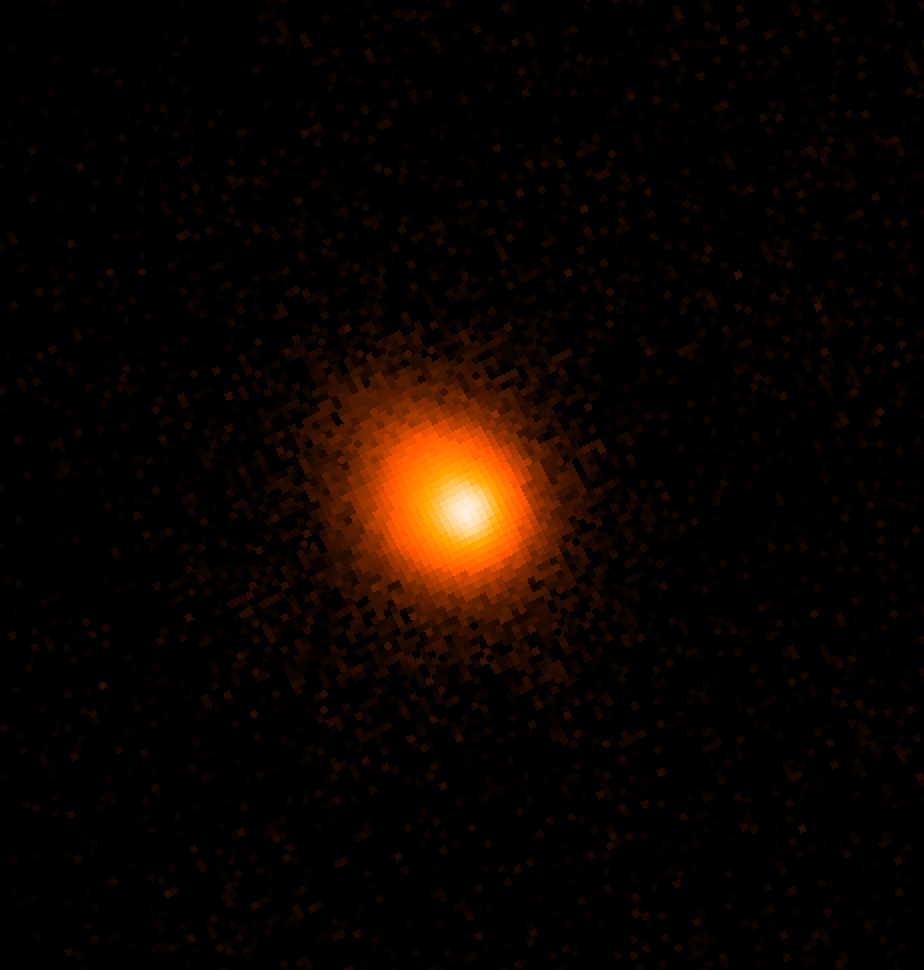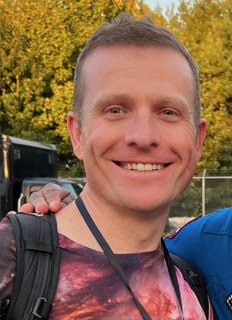
DiRAC postdoctoral scholar Colin Orion Chandler is leading innovative efforts to explore small bodies in our Solar System using the upcoming Vera C. Rubin Observatory. As Project Scientist for the LSST Interdisciplinary Network for Collaboration and Computing (LINCC) Frameworks, Chandler’s work bridges cutting-edge data systems with frontier planetary science. His Rubin Comet Catchers project—the first Rubin-based Citizen Science program—invites volunteers worldwide to help identify comets and active asteroids hidden in Rubin’s vast imaging data. Since its launch in July 2025, over 1,500 participants have contributed more than 1.5 million classifications, demonstrating the power of community-driven discovery at LSST scale.
Chandler also co-leads the Rubin observations of interstellar comet 3I/ATLAS, representing the first scientific paper derived from Rubin data. The discovery revealed that Rubin had serendipitously imaged the interstellar visitor prior to its detection, offering invaluable insights into the observatory’s capabilities for identifying and characterizing future interstellar objects. With Rubin expected to find 5–50 such visitors over its 10-year survey, this work underscores the observatory’s transformative role in Solar System science and interstellar research.
Together, these efforts highlight how DiRAC researchers are pioneering the intersection of AI-assisted Citizen Science and next-generation astronomical surveys. From training “TailNet” neural networks on volunteer data to coordinating rapid follow-up of unexpected phenomena, Chandler’s team is forging the framework for large-scale, inclusive discovery—ensuring that Rubin’s once-in-a-generation data revolution engages both scientists and the public in revealing our dynamic Solar System.

Project Scientist for the LSST Interdisciplinary Network for Collaboration and Computing (LINCC) Frameworks project
About Colin Orion Chandler
Colin Orion Chandler (DiRAC and University of Washington) is a Project Scientist for the LSST Interdisciplinary Network for Collaboration and Computing (LINCC) Frameworks project, and serves as co-chair of the LSST Solar System Science Collaboration. Colin earned his Ph.D. in Astronomy and Planetary Science from Northern Arizona University, where he was an NSF Graduate Research Fellow, after he graduated from San Francisco State University with a BS in Physics with a Concentration in Astrophysics. He specializes in solar system science (especially cometary activity), Citizen Science, and working with large-scale archival image data. Colin founded the NASA Partner program “Active Asteroids” (http://activeasteroids.net), a Citizen Science program hosted on Zooniverse. Colin is also an experienced observer, utilizing both ground- and space-based telescopes as part of his work.